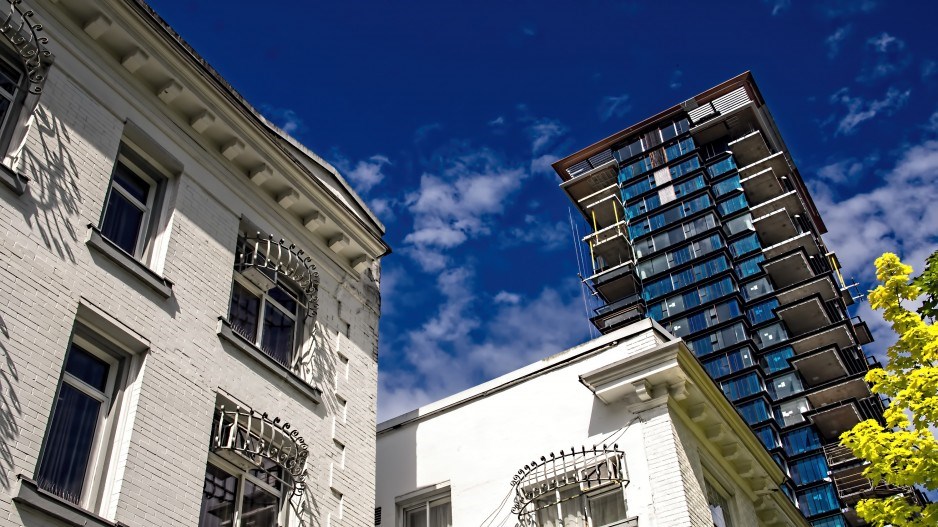The province of sa国际传媒 saw the largest rent increase between 2016 and 2021 when compared to the rest of sa国际传媒 – in addition to having the highest proportion of renters spending unaffordable amounts on rent and utilities.
The average rent in sa国际传媒 is $1,492, which increased by 30 per cent from 2016 to 2021.
In Vancouver, average rent is higher at $1,658, according to new data from the Canadian Rental Housing Index.
Released on June 19, the index data reveals issues with affordability across the province and the country. The data also highlights the housing challenges faced by renters, including overcrowded conditions and issues with repairs.
"[Rental housing in sa国际传媒] is the hotspot of the rental housing crisis across the country. And we're seeing it not just in larger urban centres. For a long time, we thought this was a big-city problem, but what the data demonstrates is that it's a problem that touches small, mid-sized and large communities right across the province, and increasingly across the country,” said Jill Atkey, CEO of the BC Non-Profit Housing Association in an interview with Glacier Media.
For sa国际传媒 and Vancouver renters, roughly 38 per cent spend more than 30 per cent of their income on rent and utilities. The sa国际传媒 Mortgage and Housing Corp.’s definition for affordable housing is shelter accounting for less than 30 per cent of a household's before-tax income.
Provincewide, 16 per cent of renters spend over 50 per cent of their income on rent and utilities. In Vancouver, this number is 18 per cent. West Vancouver (33 per cent), Richmond (23 per cent), White Rock and the city of North Vancouver (both 21 per cent) are the communities with the highest number of individuals who spend more than 50 per cent of their income on rent and utilities.
The median income of a renter in sa国际传媒 is $63,200, with Vancouver at $67,000.
“This stark reality demands our attention and concerted efforts. We cannot ignore the significant proportion of renter households burdened with unaffordable housing expenses, putting them at an increased risk of homelessness if they are forced to leave their home,” said Ray Sullivan, executive director of the Canadian Housing and Renewal Association in a media statement.
“We must work together to create a future where all Canadians can access quality housing.”
Eleven per cent of sa国际传媒 renters live in overcrowded conditions – a figure that drops to 10 per cent in Vancouver. In addition, seven per cent of renters in Vancouver and sa国际传媒 live in units that are in need of urgent repairs.
“When we look at the overcrowding data, there could be a tendency for preferences toward intergenerational households and intergenerational living. What this tells us is that the housing supply that we're building in the rental market isn't necessarily the right type of supply to accommodate intergenerational living preferences,” Atkey said.
Across sa国际传媒, women-led renter households face higher rates of affordability challenges than households led by men, according to the index. Meanwhile, 13 per cent of Indigenous-led renter households in sa国际传媒 live in homes in need of major repairs.
“These conditions perpetuate a cycle of inequality and hardship, disproportionately affecting marginalized communities,” said Margaret Pfoh, CEO of the Aboriginal Housing Management Association, in a media statement.
“In addition to the unique challenges Indigenous-led households face, these difficult renting conditions also impact women-led, racialized-led, and Immigrant-led households across sa国际传媒.”
This story was updated to include comments from Jill Atkey, CEO of the BC Non-Profit Housing Association.



